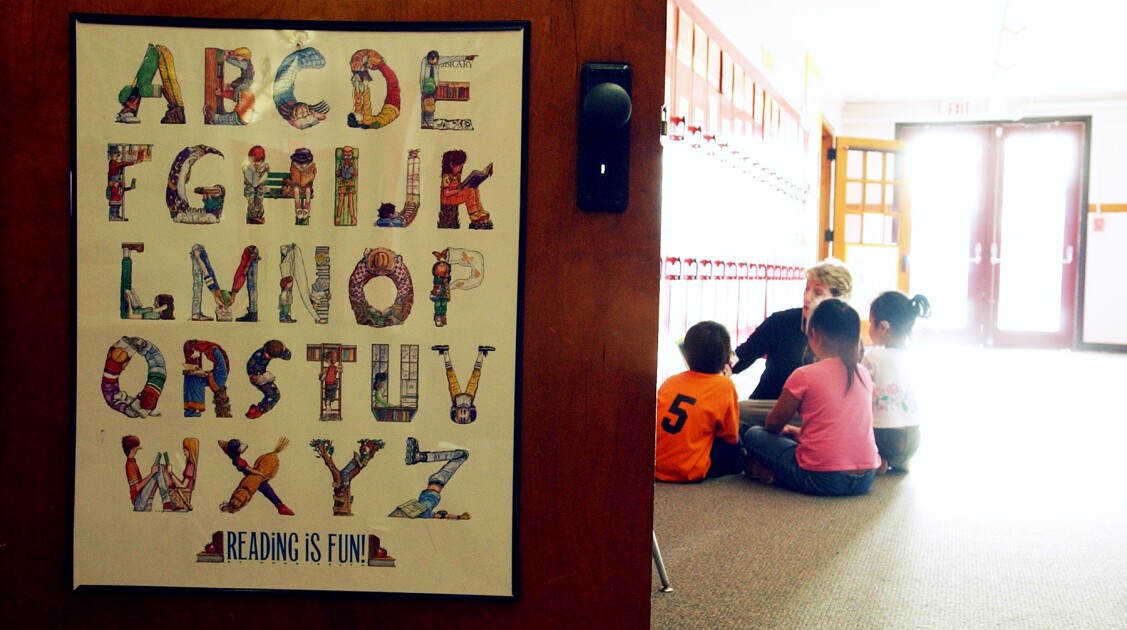Recent numbers from the U.S. Department of Education don’t bode well for the financial health of teachers, according to the MiamiHerald.com. Sixteen percent of this country’s K-12 educators, the DOE reports, work at least one other job outside their school. And the presumption is that the percentage is even higher in urban school districts, like Miami-Dade where the cost of living exceeds a teacher’s salary now averaging $43,095 in Florida. Second jobs at restaurants, supermarkets, department stores, and insurance companies are helping teachers meet their shortfall, but are also prompting feelings of shame. Several teachers declined to be interviewed for the Herald’s story.
Rudy Crew, Miami’s superintendent, has made increasing teacher salaries a priority. However, Philip Robins, a professor of economics at the University of Miami, says it needn’t be. Even so, there are many economists who don’t agree that teachers are poorly compensated as it is, according to Philip Robins, a professor of economics at the University of Miami quoted by the Herald. “Many of the benefits of teaching are non-monetary,” says Robins in explaining that view. “Their work in terms of number of weeks is lower than the standard job. They get summers and holidays off. Their benefits are typically better than the benefits of private sector jobs.”
Correction: This post has been corrected, as indicated by the strike-through, to clarify that Philip Robins was summarizing the views of economists in the field, not necessarily his own. See Professor Robins’ clarification in the comments section.



